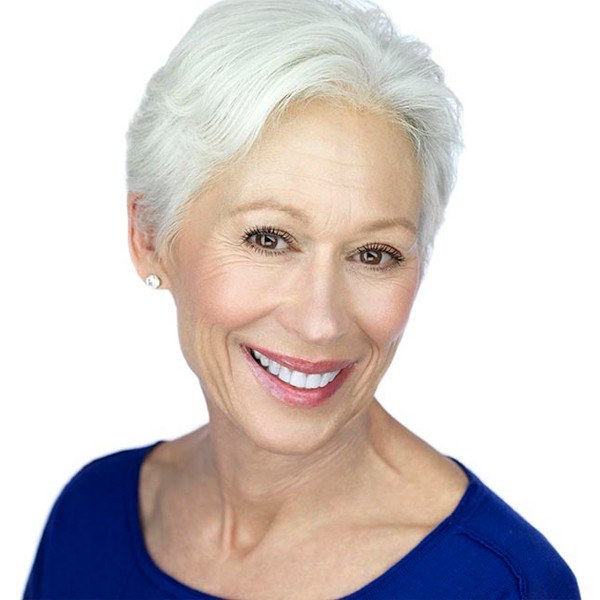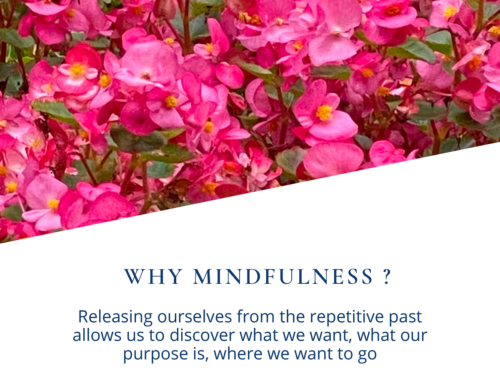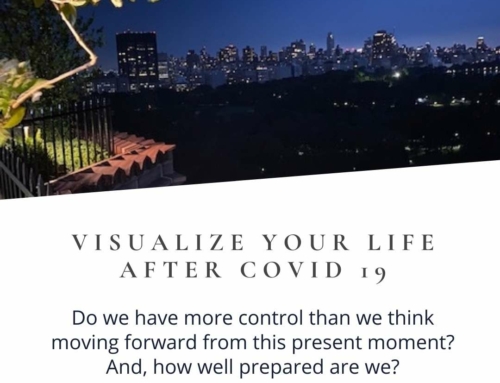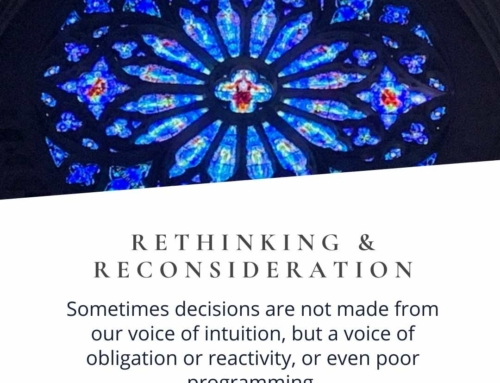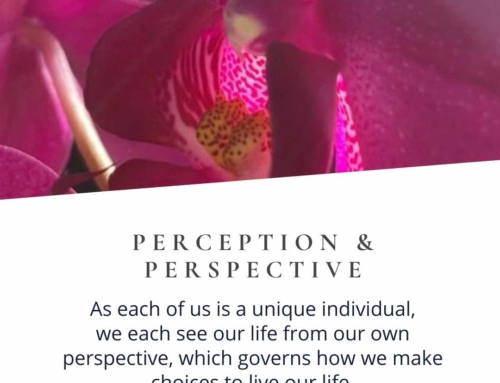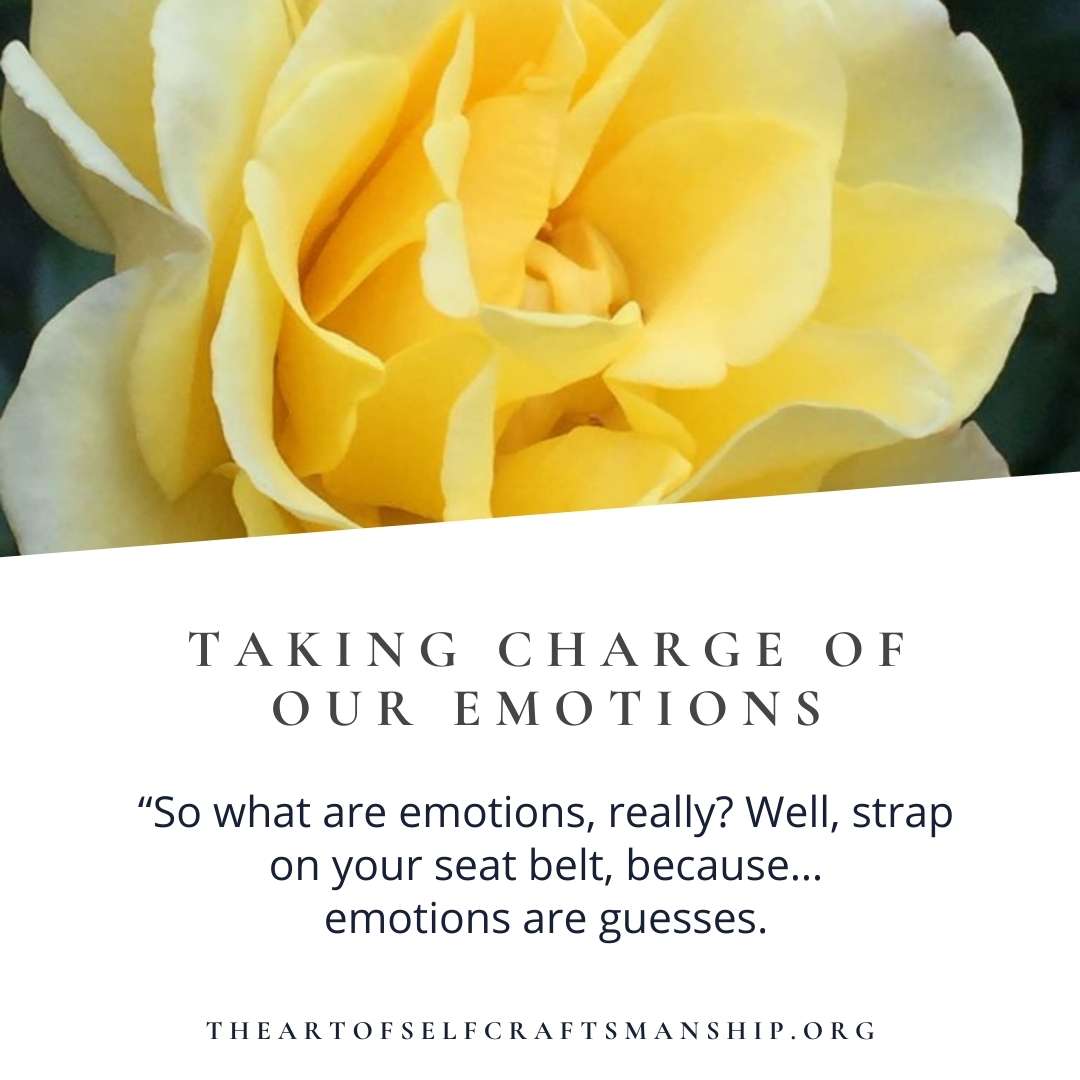
The research on emotions is extensive. More recent findings indicate that we have more control over our emotions than what many of us more mature types were led to believe as we were growing up. And, as it should be!
As everything is energy and it’s always in motion, things are always changing. As our awareness increases, so does the arena of knowledge.
I reference neuroscientist Lisa Feldman Barrett in my presentations—and, she describes some of her findings as follows:
“So what are emotions, really? Well, strap on your seat belt, because…emotions are guesses. They are guesses that your brain constructs in the moment where billions of brain cells are working together, and you have more control over those guesses than you might imagine that you do. Now, if that sounds preposterous to you, or, you know, kind of crazy, I’m right there with you, because frankly, if I hadn’t seen the evidence for myself, decades of evidence for myself, I am fairly sure that I wouldn’t believe it either. But the bottom line is that emotions are not built into your brain at birth. They are just built.”
Click here to access the link to Dr. Barret’s TED Talk. I encourage you to watch it as the information is not only easy to comprehend, but the concept is extremely useful.


Like anything else that is built, materials are chosen for the most part.
Some factors, such as environment, intended use and materials availability influence choices, but typically materials are chosen by functionality, durability, usefulness, cost, aesthetics. Will it look good? And, other criteria that have been determined.
Knowing that what we feed our guesses and predictions also feeds our emotions is powerful and allows us more freedom.
In some cases, it is fortunate that programming and experiences are passed down from generation to generation, though in many cases it is unfortunate that programming and experiences are passed down from generation to generation with little consideration.
Recent Stanford research shows that “how people want to feel determines whether others can influence their emotions…..”
“The degree to which people said they were motivated to feel or not feel certain emotions predicted how much they would be influenced when they were exposed to emotions from other group members,” said Amit Goldenberg, lead author of the study and a Stanford doctoral candidate in psychology.
Goldenberg goes on to say that emotions are “not passive nor automatic. They are a little bit of a tool.
“We have the ability to use our emotions to achieve certain goals.”Click here for the link to full article.

